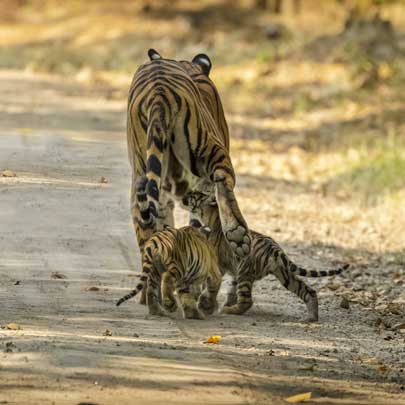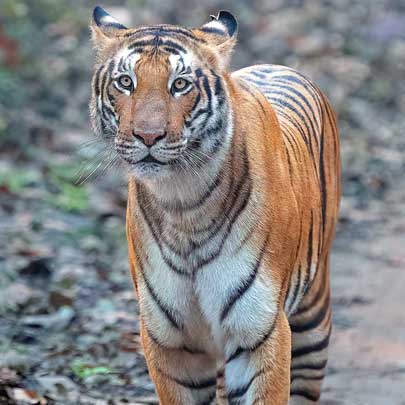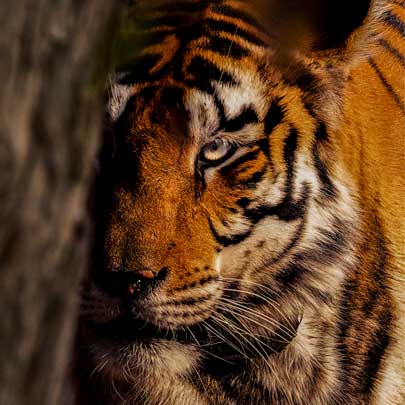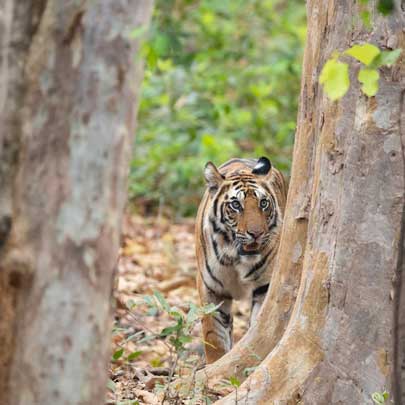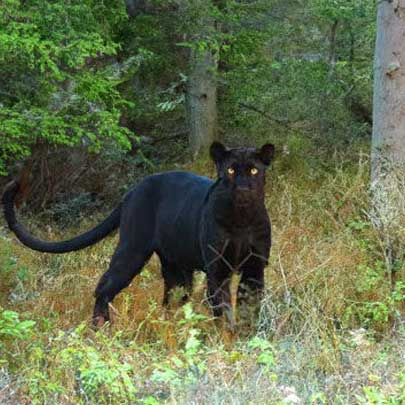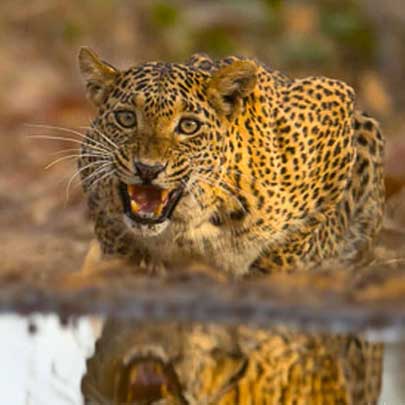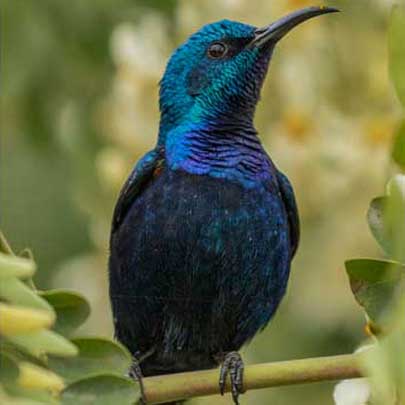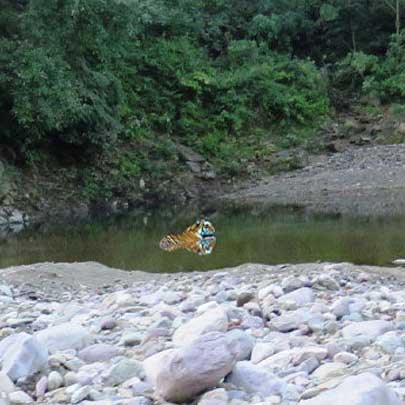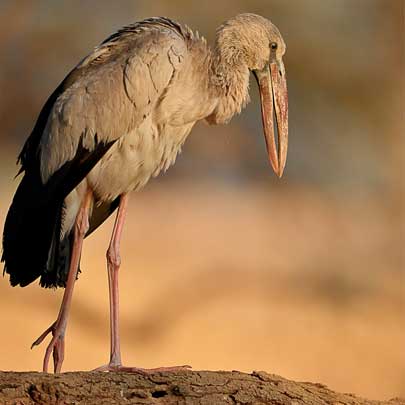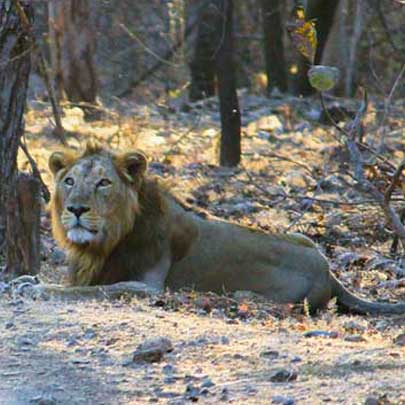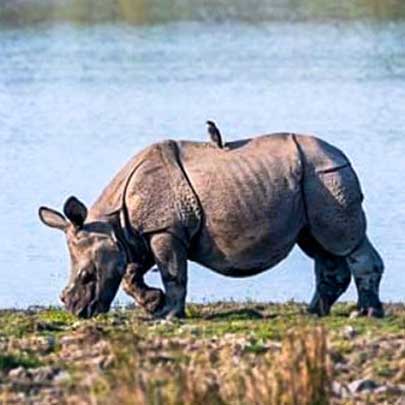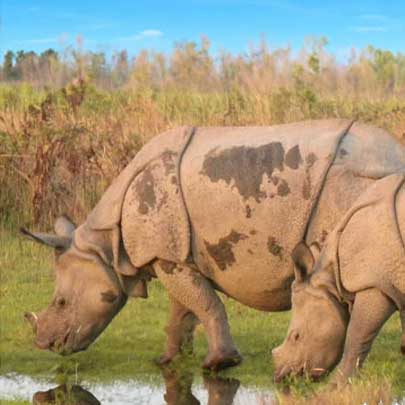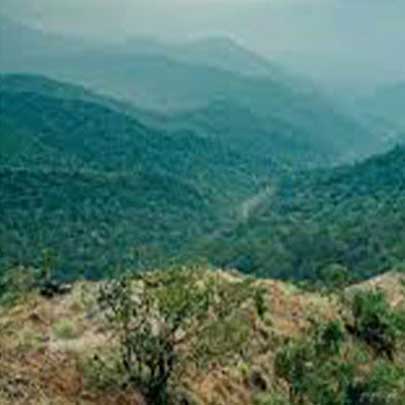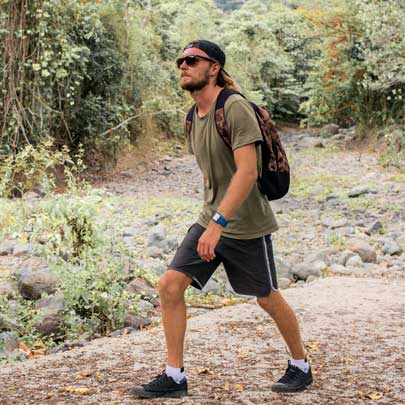Conservation Odyssey: How Wildlife Tours Contribute To India's Ecosystems
Wildlife tours play a crucial role in conserving India's ecosystems by raising awareness, funding conservation efforts and promoting sustainable practices. Here's how these tours contribute to the conservation of India's rich biodiversity:
1. Raising Awareness:
- Wildlife tours educate visitors about the importance of preserving natural habitats and protecting endangered species. They foster a deeper understanding of ecosystems and the delicate balance of life within them.
2. Economic Support:
- Revenue generated from wildlife tours, including park entrance fees, guided tours, accommodations and related services, provides vital funding for the maintenance and protection of national parks and reserves.
3. Funding Conservation Initiatives:
- A significant portion of the income generated through wildlife tourism is reinvested in conservation efforts. This funding supports anti-poaching patrols, habitat restoration and wildlife research.
4. Community Involvement:
- Wildlife tourism often involves local communities living near protected areas. These communities can benefit from tourism-related jobs and initiatives, reducing their reliance on activities that harm wildlife or habitats.
5. Research and Monitoring:
- Wildlife tours facilitate scientific research and monitoring of species and ecosystems. Visitors' observations can contribute valuable data to ongoing conservation projects.
6. Political Advocacy:
- Wildlife enthusiasts and tourists can become advocates for conservation. Their support can influence policy decisions, encouraging governments to prioritize the protection of natural habitats and species.
7. Sustainable Practices:
- Responsible Wildlife Tourism encourages sustainable practices, such as eco-friendly accommodations, waste management and low-impact visitor activities. These practices minimize the environmental footprint of tourism.
8. Education and Outreach:
- Guided tours often include informative sessions by naturalists and guides who share their knowledge about local flora and fauna. This educational aspect instills a sense of responsibility toward nature.
9. Biodiversity Preservation:
- By showcasing the incredible diversity of India's wildlife, these tours emphasize the need to conserve and protect this unique heritage for future generations.
10. Ecotourism Models: - Some wildlife tours follow ecotourism principles, which prioritize both conservation and sustainable community development. These models aim to benefit local people while safeguarding nature.
11. Support for Research Institutions: - Funds generated through wildlife tours can support research institutions and conservation organizations dedicated to wildlife protection and ecosystem preservation.
12. Reducing Poaching Pressure: - By encouraging the growth of legal and sustainable tourism activities, wildlife tours can help reduce the economic incentives for poaching and illegal wildlife trade.
In summary, wildlife tours in India play a multifaceted role in conserving ecosystems. They not only contribute financially but also inspire a sense of wonder and responsibility for the natural world. When conducted responsibly and ethically, these tours can be a force for positive change in protecting India's remarkable biodiversity.

























